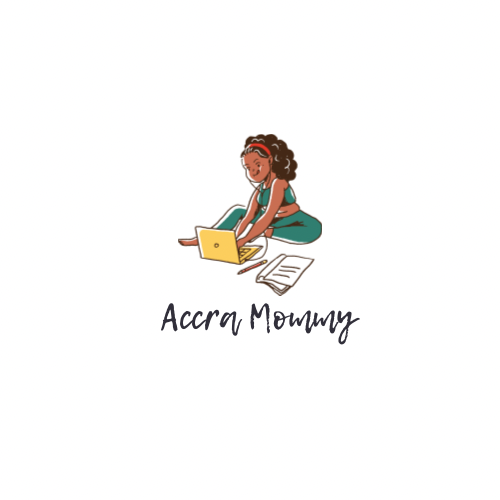Through Her Lens: The Ghanaian Videographer Capturing Stories We’ve Never Seen Before.
In recent years, videography in Ghana has experienced remarkable growth, evolving from a niche hobby to a vibrant industry of not only high grade hand-held Canon/Nikon/RED digital cameras but also drone video technology.
The rise of technology and affordable equipment has empowered aspiring filmmakers like Etornam Ahiator to tell African stories and showcase our county's rich culture and landscapes. I came across Etornam’s work by happenstance on X. I was impressed by the quality and focus of the video which featured how the waste from Shea butter production leftovers can be turned into coal.
Instantly connected with her online and she shared more about her journey in the world of video storytelling.
What inspired you to pursue videography, and how did you get started in the industry?
Back in my first year at KNUST, studying Communication Design, I had a real career awakening. It was February 24th, 2017—I remember the date so well because I even posted about it on Instagram. That day, we had a guest speaker, a filmmaker who had studied the same course and gone on to direct films in New York. She showed us one of her short films, and the moment it ended, I just knew—filmmaking was what I wanted to do. After university, I did my national service with a production company, and from there, everything started falling into place.
2. How did your parents and family handle your career decision which is majorly male-dominated in Ghana? How did you also respond to them?
I’ve always loved the arts, but getting my parents on board wasn’t easy. When I first told them I wanted to major in Visual Arts in high school, they took it so seriously that they called a whole family meeting—like an intervention! Looking back, it’s funny, and my brother still jokes about it. I think, for them, it wasn’t just about the course but the fear that I was avoiding something “more challenging.” But after seeing how serious I was, they supported me all the way. When I made my first 50 cedis in uni from graphic design, they started believing in my path. By 2018, they bought me my first camera kit, and they’ve been backing me ever since.
3. What has been your most memorable project so far, and what made it special?
Every project teaches me something new, and that’s what I love most. My recent film on textile waste really opened my eyes to the impact of secondhand clothing in Ghana and how it’s affecting our environment. Right now, I’m working on what feels like my most special project yet—it’s about pregnancy and childbirth. It’s a whole new world for me, and I’m learning so much along the way.
4. As a female videographer in Ghana, have you faced any industry challenges, and how have you overcome them?
Being a woman in filmmaking comes with its challenges, especially since it’s such a technical field. There are moments when people assume you don’t know what you’re doing, which can be frustrating. But I take pride in proving them wrong—through my work, my skills, and my dedication. I’ve learned to push through, and in the end, the work always speaks for itself!





